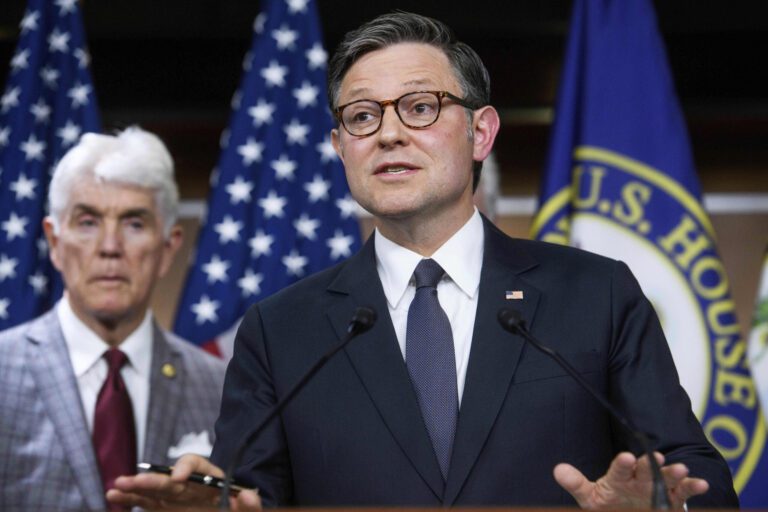House of Representatives Faces Procedural Gridlock Amid Attendance Challenges
The House of Representatives is currently experiencing a procedural delay, largely due to attendance issues stemming from a summer storm that disrupted travel for several lawmakers. As tensions rise among Republicans regarding a crucial deficit-increasing bill sent over by the Senate, the chamber’s ability to vote is compromised.
Current Situation: An Unprecedented Quagmire
As of Wednesday, lawmakers have struggled to proceed with key votes. The situation has escalated since a major storm forced many representatives to either fly late at night or drive substantial distances to reach Washington, D.C.
Attendance Woes
- Major disruptions in travel have left eight Republican members absent, creating a 212–212 tie in a critical procedural vote.
- Majority Leader Steve Scalise emphasized the need for these absent members to return for the vote, underlining the importance of their participation in the legislative process.
“There’s still a few members who couldn’t get flights in,” Scalise told reporters. “We need their votes.”
Speaker Johnson Under Pressure: Deficit Concerns Mount
Speaker Johnson is under increasing pressure from both conservative and moderate factions within the Republican Party. Many are reticent to support a bipartisan bill that significantly increases the deficit.
Key Issues Raised
- Deficit Hawk Concerns: Critics within the party have voiced strong reservations about the bill, especially after the Senate amended it, increasing the projected deficit by hundreds of billions compared to the House’s version.
- Moderate Lawmakers’ Backlash: A group of moderate Republicans traveled to the White House to express their strong objections, fearing the ramifications of supporting such a "deficit-busting" proposal.
Procedural Roadblocks: A Delay in Voting
The House remains stalled in its attempts for procedural advancement concerning the legislation.
Voting Timeline
- The initial five-minute procedural vote commenced just after 2 p.m. on Wednesday but has extended beyond two hours due to absent members.
- Scalise indicated that once the absent Republicans arrive, the House can resume voting and deal with subsequent procedural steps.
Internal Divisions: The Fight Over Financial Responsibility
The House’s conservative faction has come together, albeit with differing opinions, to discuss the bill’s implications.
Gathering of Conservative Voices
- Approximately a dozen conservative House members have been meeting privately, including representatives from the Freedom Caucus and members of the Budget Committee.
- Notably, Congressman Lloyd Smucker has joined these discussions, pushing for fiscal responsibility following his earlier demands for adherence to a strict budget framework.
Budget Framework Concerns
- The controversy centers on the Senate’s approach, which allowed for up to $4.5 trillion in tax cuts but only mandated $2 trillion in spending cuts.
- The Senate version that returned to the House fell short of these expectations, leading to dissatisfaction among fiscal conservatives.
“They sent us a bill knowingly, using a policy baseline gimmick,” says Congressman Chip Roy, highlighting his frustration with the Senate’s tactics.
Conclusion: An Uncertain Path Forward
As the House of Representatives grapples with both attendance issues and deep internal divisions regarding fiscal policies, the outcome of the legislation remains uncertain. The party’s leadership must navigate a challenging landscape to secure the necessary votes.
For more on the intricacies of House procedures and legislative updates, check out GovTrack and follow the latest news on Congress.gov.
Related Links
In a time of heightened political tension and critical decision-making, the House’s next steps will be pivotal for both party unity and fiscal responsibility.


